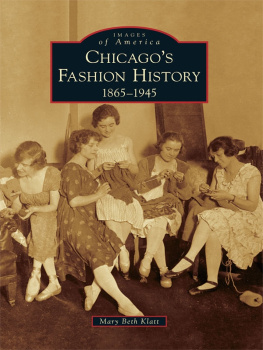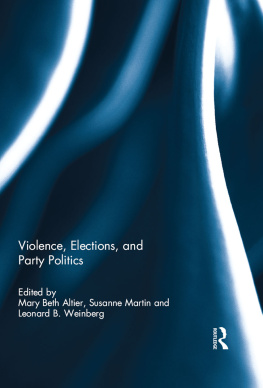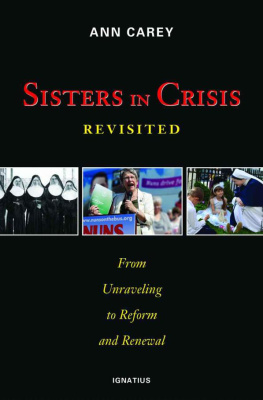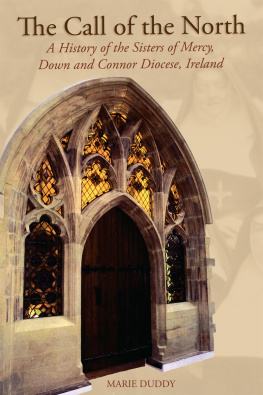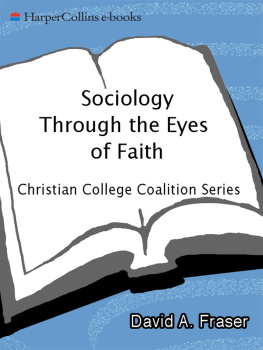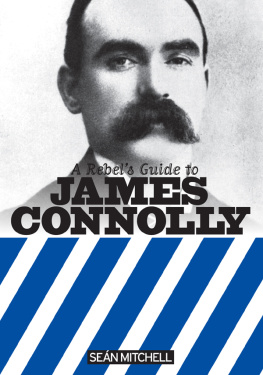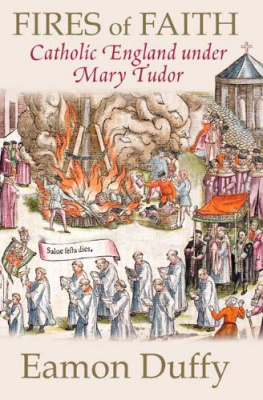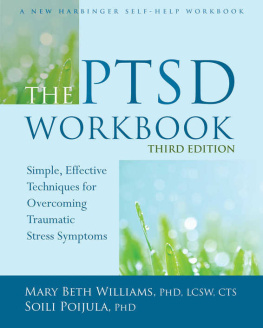Copyright 2014 Sisters of Mercy of the Americas West Midwest Community, Inc.
All rights reserved. No part of this publication may be reproduced, stored in a retrieval system, or transmitted in any form or by any meanselectronic, mechanical, photocopy, recording, or any otherexcept for brief quotations in printed reviews, without the prior permission of the publisher.
Fordham University Press has no responsibility for the persistence or accuracy of URLs for external or third-party Internet websites referred to in this publication and does not guarantee that any content on such websites is, or will remain, accurate or appropriate.
Fordham University Press also publishes its books in a variety of electronic formats. Some content that appears in print may not be available in electronic books.
Library of Congress Cataloging-in-Publication Data
Connolly, Mary Beth Fraser.
Women of faith : the Chicago Sisters of Mercy and the evolution of a religious community / Mary Beth Fraser Connolly. First edition.
pages cm
Includes bibliographical references and index.
ISBN 978-0-8232-5473-6 (cloth : alk. paper)
1. Institute of the Sisters of Mercy of the Americas. West Midwest CommunityHistory. I. Title.
BX4482.C66 2014
200.82dc23
2013043874
Printed in the United States of America
16 15 14 5 4 3 2 1
First edition
Acknowledgments
Over the past six years, I have accumulated a long list of people to thank for their help and support as I worked on this book. I only hope that I have found the right words to express my gratitude. What follows is my feeble attempt to thank the many colleagues, friends, and family who have buoyed me along the way.
After the Sisters of Mercy Chicago Regional Community decided to join other regional communities within the Sisters of Mercy of the Americas and form the West Midwest, they chose to hire a professional historian to write their long history. They formed a committee of five Sisters of Mercy and two outside scholars to act as a collaborative and supportive body for me as I researched and wrote this book. This project would be nowhere without their constant presence. I wish to thank Dominic Pacyga; Malachy McCarthy; Mary Ruth Broz, RSM; Nancy Houlihan, RSM; Margaret Mary Knittel, RSM; Joy Clough, RSM; and Joella Cunnane, RSM. I am grateful for their time, their reading (and more reading) of the drafts of the manuscript, and, more important, for the Sisters of Mercy on the committee, their trust that I would respect their community and their history. I will miss our conversations and debates as I tested out the structure of the book and hashed out content of the chapters. I am particularly grateful to Sister Joella; as archivist, she welcomed me into the Sisters of Mercys history and guided me through the many boxes of records. She also graciously introduced me to the members of the Chicago Regional Community.
I also wish to thank Betty Smith, RSM; Sheila Megley, RSM; Sharon Kerrigan, RSM; and Lois Graver, RSM. They, along with Sister Mary Ruth Broz as the Administrative Team of the Chicago Regional Community, supported this project from its conception. I am particularly grateful to Sister Sheila Megley, who with the rest of the West Midwest Community Leadership Team continued to champion this history. For much of the time during which I conducted my research in the archives at the Chicago Regional Community Center (now Mercy Meeting Place), I had the good fortune to inhabit an office with the regional community Administrative Team and the sisters and laywomen who staffed this building. I learned as much, if not more, about Mercy charism by joining in breaks and lunches with the women who worked in this building (and those who dropped in for a visit) than from the archival records. I am grateful to Mary Jo Valenti; Nancy Pepper; Carol Miller; Delmis Cruz-Menjivar; Mary Golden, RSM; Patricia M. Murphy, RSM; JoAnn Persch, RSM; Kathleen McClelland, RSM; Marie Shawn Grassberger, RSM; Margaret Johnson, RSM; and Dolores Zurek, RSM, for their hospitality and kindness.
The list of Sisters of Mercy to whom I owe thanks is long. I am especially grateful to the women who agreed to speak with me about their ministerial, spiritual, and community life as a Sister of Mercy. Catherine McAuleys spirit is alive and well in these women.
When I was not trolling the archives, I pestered the librarians at Purdue University North Central. During the research and initial writing phase of this project, I was aided by K. R. Johnson, Librarian; April Milam, Public Services Library Assistant; and Susan Anderson, Library Assistant. Ms. Milam and Ms. Anderson, in particular, helped me find much needed primary sources. I am particularly grateful for their patience when I kept an interlibrary loan book (or two) a little past the due date. Furthermore, I want to thank the faculty of the Social Sciences Department of Purdue North Central, who expressed interest in my work, and offered friendship along the way.
The editors and staff at Fordham University Press, particularly Fred Nachbaur, Katie Sweeney, Eric Newman, and Nancy Rapoport, showed me much patience as I eagerly sought to revise this manuscript for publication.
I am grateful to my colleagues at the Lilly Fellows Program in Humanities and the Arts. Over the last two and a half years, Kathy Sutherland, Program Coordinator, and Joe Creech, Program Director, have listened as I rambled on about chapter revisions and made space for me to finish this book. I want to thank the Postdoctoral fellows who listened patiently as I impressed upon them the importance of the Sisters of Mercy and women religious in general. I am grateful to fellows, both former and current, with whom I worked: Jen Miller, Linn Tonstad, Jason Crawford, Mina Suk, Piotr Malysz, Katherine Calloway Sueda, Robert Elder, Charles Strauss, Anna Stewart, and George David Clark. The community of Linwood House at Valparaiso University, the home of the Lilly Fellows Program, has sustained me over the last few years.
The community of scholars who engage in the history of women religious has grown over the last decades, but it has not lost its closeness and cooperative nature. I am grateful particularly to the participants of the Conference on the History of Women Religious, where I have found my intellectual home. I am grateful to Carmen Mangion, Margaret Susan Thompson, and Kathleen Sprows Cummings, among others who have, over the years, become valued colleagues and friends. Their scholarship, along with that of the many participants of the HWR Conferences, has inspired and challenged me to be a better historian. I want to thank especially those who have read and commented on early drafts and papers that went into the final project. I am particularly grateful to Margaret McGuinness, Elizabeth Smyth, and Suellen Hoy who read and gave suggestions on parts or all of the manuscript.
I am also blessed with the long-time friendship of Jeremy Bonner. Our friendship forged in graduate school at The Catholic University of America has persisted over the years, and I continue to rely on his advice and input in my scholarship. Another source of constant support and friendship has been Dolores Liptak, RSM, whom I came to know first through her scholarship, and then through her guidance of my work as a historian of women religious. I am grateful to Beth Leimbach Zambone for her friendship, and I value her keen mind and excellent editing skills. Beth graciously offered to help edit parts of this manuscript as I pushed to finish.



